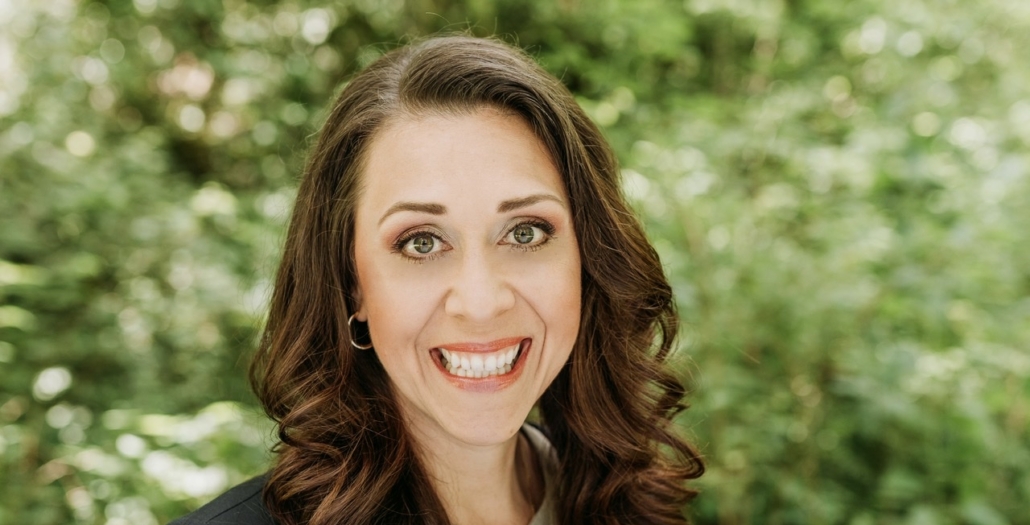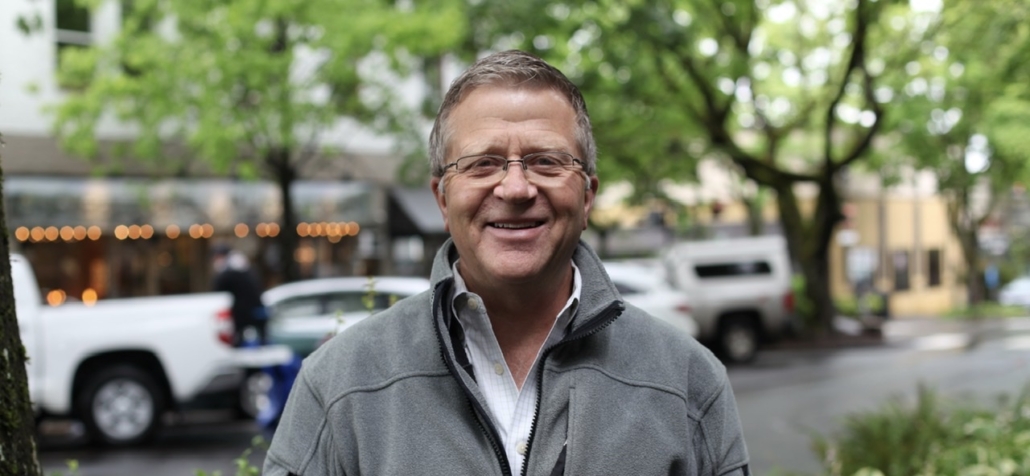Camas, WA — Several local businesses attended the annual Downtown Camas Association (DCA) awards event Monday night at the Liberty Theatre. Under the theme “mask-querade” event attendees enjoyed popcorn and drinks while DCA leaders Caroline Mercury, Carrie Schulstad and Shannon Van Horn addressed the experiences of 2020 through a video slideshow, commentary, and awards presentations.
Given the challenges of the coronavirus pandemic, some of the award designations were altered for 2020, such as “Help Your Neighbor” and “Phenomenal Pivot.”
The annual events ceremony is an opportunity for local merchants and community supporters to review the successes and challenges of the year, and 2020 was filled with unique hurdles. Businesses endured state mandates that closed some of their operations altogether, altered how they serve customers, and required new rules such as physical distancing and face masks.
”It really does make a difference when we’re all together,” said Schulstad, DCA Executive Director. “Tonight is about you. Yes, we will cover the things the DCA has been doing this year, but the main focus will be celebrating the resiliency and the innovation that our small businesses have shown time and time again in downtown. This has been a very hard year. Having to change a lot and having to change often, having to feel the sting of laying off employees. Having to change the entire way you operate. Trying new things without knowing they will work. Not knowing when all this will end. These are monumental times. Yet somehow our downtown businesses have found the fortitude and the strength to rise up, and find a way.”
Mercury emphasized that Juxtaposition, a high end furniture and home decor store, opened on the eve of state mandated coronavirus business closures.
“Suzanne and her team have been so tenacious and so gracious in continuing to do what needs to be done to operate a business effectively under any circumstances, and who could have imagined these circumstances.”
Mercury mentioned the opening of the Clara Flats apartments on 6th Avenue, and that The Wild Hair, a destination salon, celebrates 30 years in business.
Award Winners
- Juxtaposition: Best Downtown Space Improvement
- Lara Blair: Something New in Camas Award.
- Papermaker Pride: Help Your Neighbor Award
- Camas Library: Phenomenal Pivot Award
- Ann Matthews: Downtown Spirit Award
- Gary Carter: Volunteer Award
- Salud Wine Bar: Great Growth Award
- Liberty Theatre: Incredible Innovation Award
- Camas Antiques: Creative Marketing Award
The Caffe Piccolo team was recognized for their spirit and support of all downtown Camas events.












